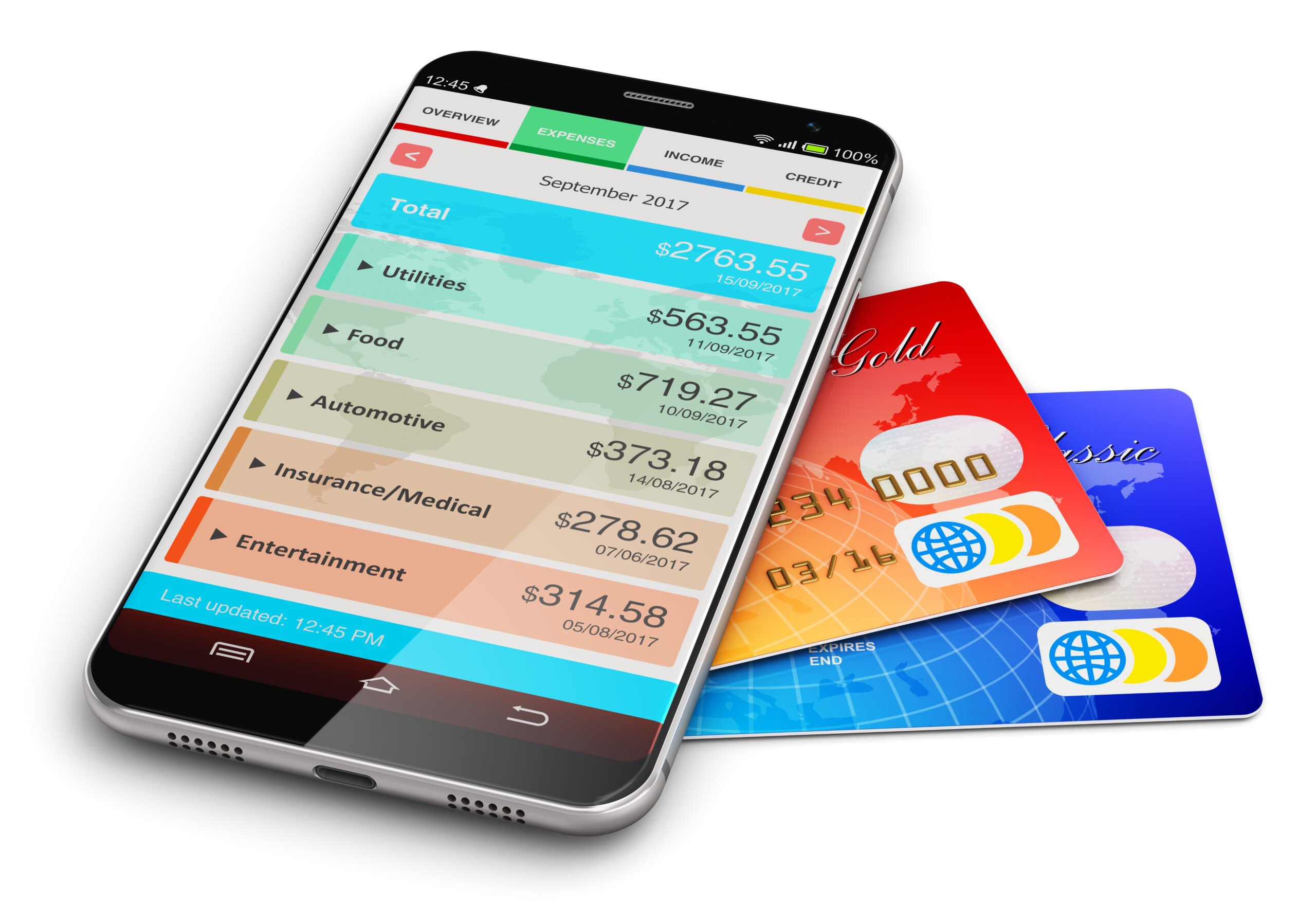Having savings and checking accounts for your business can prove beneficial if you set them up to maximize your yield and protect your assets and investments. But what is each account best used for, and what are the best practices for each? This article will discuss the difference between business savings and checking accounts and what to look for and avoid.
Business Savings Accounts
Like a personal savings account, a business savings account is a place to store money and earn interest. It’s suitable for holding cash long-term rather than constantly withdrawing and depositing balances to fund small purchases. However, business owners also build up their savings accounts in anticipation of making large purchases or hiring more employees.
While some banks may charge fees for a business savings account, they may waive these fees as long as the account’s owner meets a monthly minimum balance. Overall, it’s a good option for business owners needing to store unallocated cash safely while simultaneously making it work for them.
Other benefits of a business savings account include the following:
- Savings for retirement
- Savings for tax payments
- A cushion for unexpected lulls in business
- An emergency fund for unforeseen expenses
Some basic criteria you should consider when opening a business savings account include the following:
However, you should keep an eye out for common fees that banks enforce on savings accounts:
- ATM fees
- Monthly or maintenance fees
- Fees charged when dipping below the minimum required balance
Compare annual percentage yields when scouting where you want to bank, as this indicates how quickly you can grow the amount of money in your business savings account.
Business Checking Accounts
A business checking account will likely be your primary account for making purchases and depositing revenue. However, rather than storing funds long term, it’s typically used to fund the daily expenses of the business. As such, cash is constantly moving in and out of the account, but any significant credits should be reallocated to a savings account for long-term holdings.
When opening a business checking account, consider these aspects:
- Interest rates
- Deposit and transaction limits
- Minimum balance requirements
- Physical, online, and mobile banking options
Depending on your industry, you may also need employee debit cards. Keep all of these factors in mind as you prepare for the economic forecast of 2023. In addition, banks such as Western Alliance Bank Corporation offer a variety of business checking and savings accounts with special features and quality services for corporations and business owners.
Tips For Managing Your Accounts
When managing your checking and savings accounts, remember the following tips to ensure you manage your money effectively.
First, you’ll want to avoid monthly account fees. These regular fees can add up over time, so a good business practice is to choose a bank that offers the products you need without the associated monthly costs. You want a flexible bank that can grow with your business needs.
You’ll also want to make sure you choose a bank that offers digital services. Nowadays, everyone appreciates the convenience and access to digital banking. Some online bank platforms are superior to others, so make sure the bank you choose has a platform that’s both convenient and secure. It should also offer the digital features you need, like mobile deposits.
When setting up your account, you should ensure that you can add multiple signatures to your business checks, especially if you have a business partner or employees that regularly make purchases or payments. If this benefits your business, address it upfront when setting up your business account.
Another crucial tip is to keep your personal and business accounts separate. This is essential; maintaining individual personal and business accounts helps you stay organized and know where every dollar is. Additionally, having a unique business relationship with a bank opens the door to new opportunities like business loans or commercial real estate financing.
Plan Ahead For The Economic Forecast Of 2023
The economy is typically volatile. Looking ahead to 2023, anticipate that inflation will peak while the U.S. economy remains cool. Now that you know the best practices for savings and checking accounts, you can stay prepared and give yourself peace of mind by selecting the optimal accounts for your company so you can reap maximum benefits.
